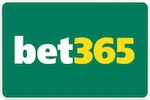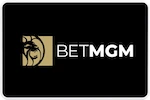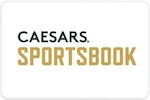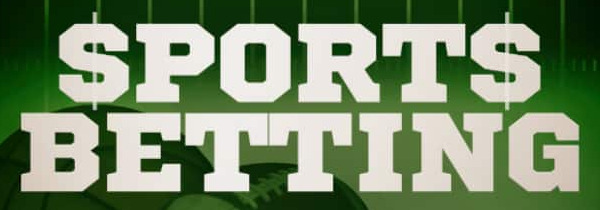In sports betting, there are mainstream markets that get a ton of attention in every sporting event. But sports betting is so much more than betting on point spreads and totals today. Thanks to the rise of prop bets, bettors can use their creativity and in-depth knowledge of sports to come up with new ways to get an advantage and win over the sportsbooks.
What Are Prop Bets?
Proposition bets, or prop bets, by nature are relatively vague, in that there’s no universal definition. But they can best be described as wagers that are decided with no regard to the final score of a sporting event. These are generally one-off “propositions” on the biggest games of the year, as well as on non-sporting events. Hundreds of different prop bets are available for the Super Bowl, from how many passing yards a particular quarterback racks up to how many times any number of players touch the ball in the big game.
But prop bets have become more and more popular with the advent of legal online sports betting. Where prop bets used to only be available in the biggest games of the year, they are now available for every game during the regular season and playoffs in both major and niche sports. This has created virtually endless intrigue when betting on sports year-round.
In short, a universal definition among bettors isn’t really necessary. A bettor with a wager on an event may view it as a proposition bet, while another bettor with the exact bet may not, but it really doesn’t matter, as it’s the bet that is important here and the two will win or lose together, regardless of what they call it.






Can I Parlay Prop Bets?
Not only is it possible to parlay prop bets, but putting together prop parlays has become a cornerstone of the sports betting industry in the United States. Bettors can either put together parlay bets consisting of props from different games, or combine prop options from the same game in what is commonly known as a Same Game Parlay.
Now, it should be noted that prop bet parlays are not the best bets from an expected value point of view. Bettors tend to lose more on parlays than they do with any other form of wager, whether it be through prop-related parlays or other forms of parlay wagers. But if bettors use this feature responsibly and manage to stay within a budget for these types of wagers, they can have some fun and some occasional success with prop parlays.
Famous Proposition Bets
Some proposition bets have grown to legendary status over the years, either due to their ingenuity or the popularity of the event. We’ll look at several of the most-well known here.
In 1980, gasoline was $1.19 a gallon, Ronald Reagan was elected president, the United States boycotted the Summer Olympics and VCRs in their infancy cost upwards of $600, but the big news for many people was the shooting of J.R. Ewing on the television show “Dallas.” Always one to see an opportunity, Castaways sportsbook director Sonny Reizner offered odds on “Who shot J.R.?” and thousands of people placed bets on who the villain was.
Reizner was no dummy and realized that the Nevada Gaming Control Board wasn’t likely to look upon his bet favorably, so he attempted to present it as a sports bet by offering 500-to-1 odds that Dallas Cowboys coach Tom Landry was the shooter, but the GCB wasn’t impressed and ordered the bet be taken down and all wagers refunded. But it was great publicity for Reizner and the Castaways.
Five years later, the Chicago Bears and their Super Bowl Shuffle were the talk of the sports world, with rookie defensive lineman William “the Refrigerator” Perry receiving a good deal of attention. Chicago coach Mike Ditka used the 325-pound rookie in the backfield on occasion during the year and he actually scored two touchdowns on five carries during the 1985 season.
Ditka said Perry wouldn’t see the ball in the Super Bowl, but that didn’t stop bettors from wagering that Perry would score and his odds dropped all the way down to 2-to-1 by kickoff. With Chicago cruising to a 37-3 third-quarter lead over the New England Patriots, Ditka changed his mind and gave the ball to Perry, who scored (the Bears beat the Pats 46-10). Las Vegas sportsbooks lost quite a bit on the proposition but received plenty of publicity and this bet marked the beginning of the Super Bowl prop craze.
More Sports Betting Guides
- Sports Betting Dictionary, Terminology & Bet Types Meanings
- 4 Tips For Making Successful Bets
- Basketball Betting Guide – How To Bet On Basketball
- What Are First Half and Halftime Bets?
- Parlay Sports Betting
- Pleaser Sports Betting
- Teaser Betting
- Over Under Betting
- Money Line Betting
- Point Spread & Betting Lines Explained
- What is Against the Spread
- What Does -110 Mean In Sports Betting? Betting Odds Explained
- What is Reduced Juice Betting?
- Bet To Risk vs Bet To Win – Wager Amount vs Risk Amount
- How To Read Rotation Numbers & Sports Betting Odds
- What Is a Progressive Parlay? How To Bet Progressive Parlays
- 3-Way Money Line

